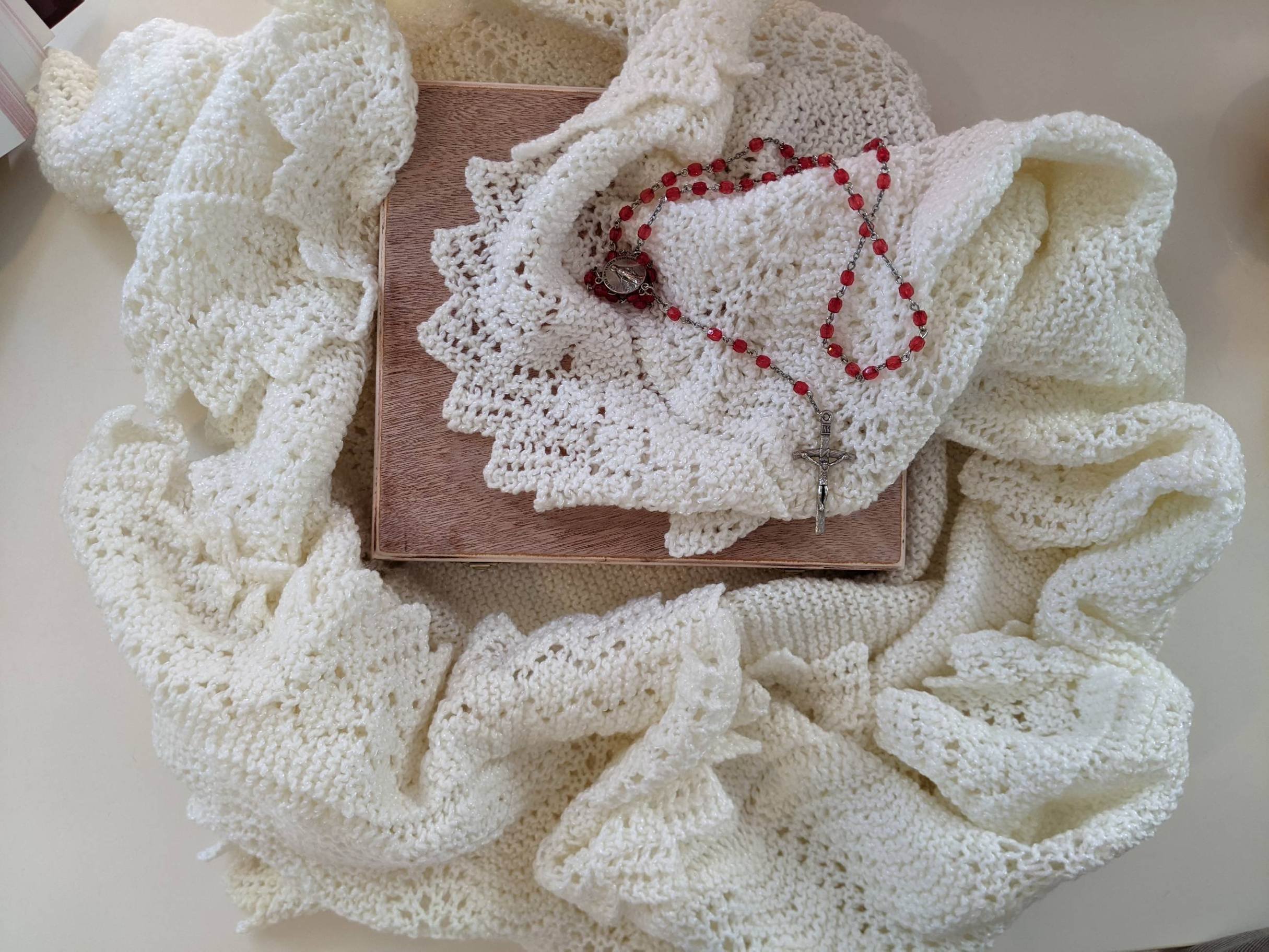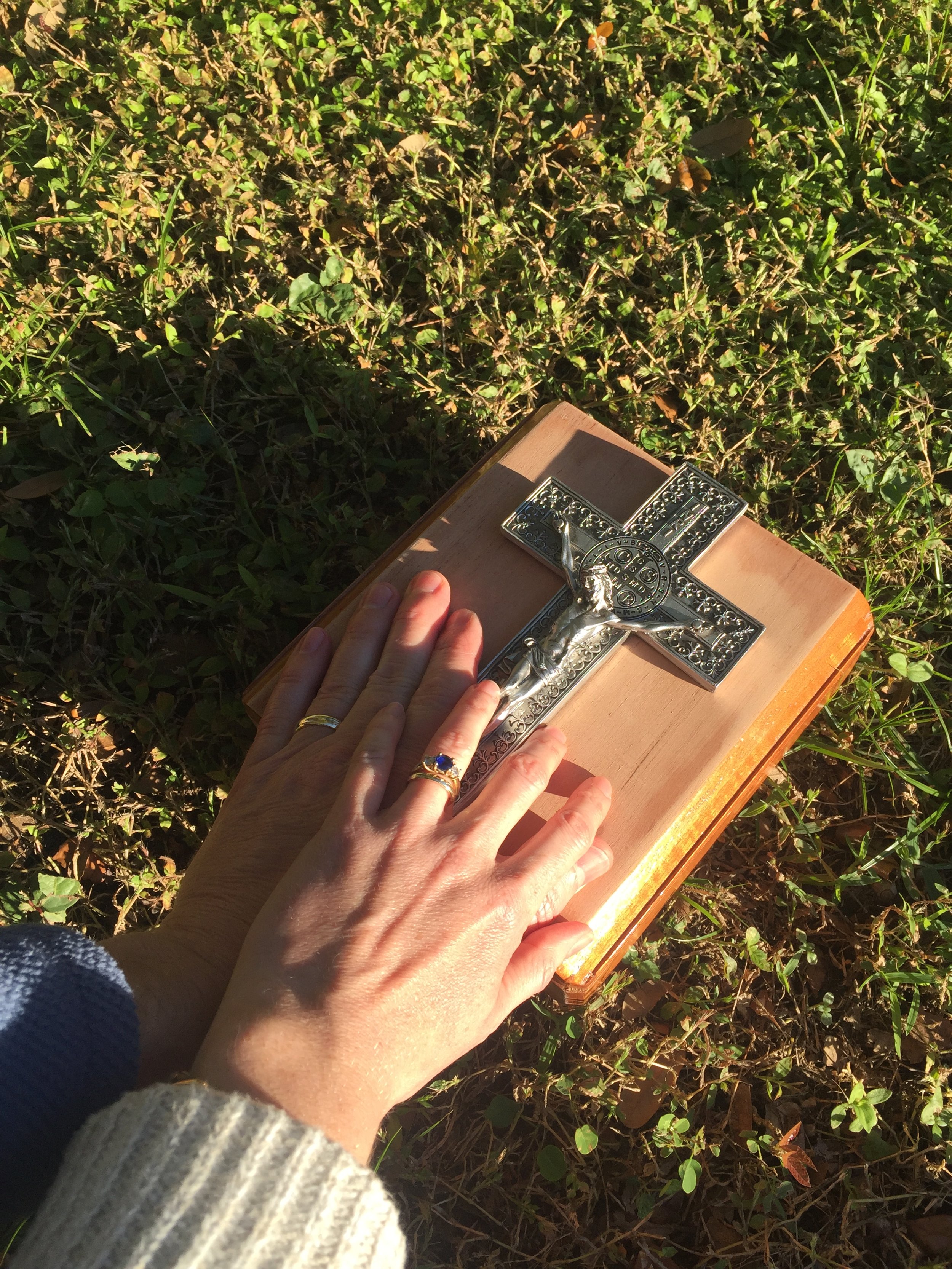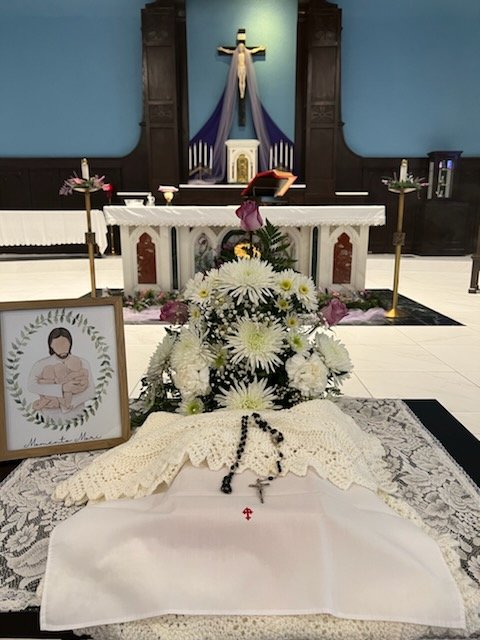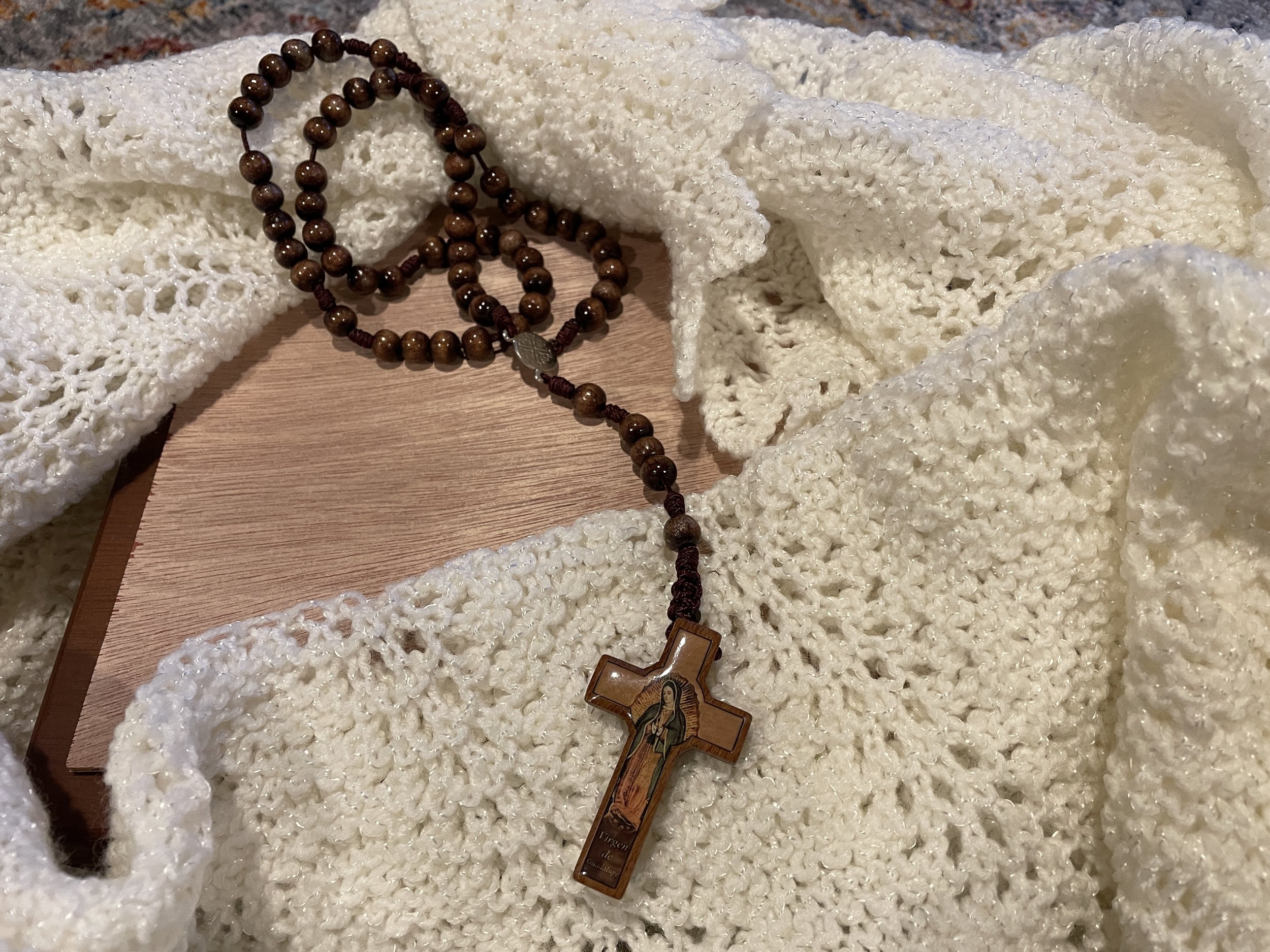Earlier this year I was on Dr. Sean McDowell’s YouTube channel discussing my book on assisted suicide. One of the listeners, Doug, wrote in a question. He said that he’s an atheist and his sister died while on a feeding tube, suffering with MS, and had been living in extreme pain every day. He said things were so brutal that even family wished for her to die. He also disclosed that she was a Christian. I was asked to comment on a Christian suffering in the way this woman did, and what insight in particular I had to offer an atheist like her brother.
You can listen to my full answer here, which begins at 42:17, but I wanted to draw attention to this part I said in particular:
“It sounds like,” I answered, “she held to her Christian faith, so I would encourage the listener, who is an atheist, to explore in the silence of his heart, to really think about if she could go through that brutal suffering and still believe God existed and that God was good, what was it that she knew or she felt or she believed that I could at least give some time and attention to? That's what has really touched me as I've studied people who’ve suffered... they not only didn’t get angry at God, they would thank God and love God.”
And that brings to mind two Christians whose stories I encountered recently. Both men faced the brutal condition of ALS, also known as Lou Gehrig’s disease. One man has already passed away while the other is fighting to live. One of the things that makes ALS so terrible is that while the body’s muscles waste away, the brain stays strong, meaning that with one’s advancing inability to move (or talk), he can become a mind trapped in a body.
While this is undoubtedly scary, perhaps what is more incredible is the perspective some suffering souls have when faced with this condition. Take, for example, John Geiger.
He wrote the following:
Mucus (phlegm) is constantly swallowed by the average person. Due to ALS my swallowing is minimal and my ability to cough and clear my throat is practically nil. So, the mucus builds and lodges in my air passage (I have dubbed this — The Mucus Monster). The effort to clear this and breathe is traumatic. It is a real battle.
During the five hour struggle [I experienced one day] my brain was still functioning well. A comforting thought kept going through my mind: ‘I am only gasping for air! I am only gasping for air! The important issues of life are settled.’
I reminded myself I wasn’t gasping for truth — ‘Jesus said to him, I am the way, and the truth, and the life. No one comes to the Father except through me.’
I reminded myself I wasn’t gasping for love — ‘This is love, not that we loved God but that He loved us and sent His Son [Jesus] as an atoning sacrifice.’
I reminded myself I wasn’t gasping for peace — ‘Peace I [Jesus] leave with you; my peace I give you. I do not give to you as the world gives. Do not let your hearts be troubled and do not be afraid.’
I reminded myself I wasn’t gasping for salvation — ‘And there is salvation in no one else, for there is no other name [Jesus] under heaven given among men by which we must be saved.’
Or consider what John’s son Soren said when John ultimately succumbed to death from ALS:
His body was failing him, but his spirit remained as strong as ever, it even became more determined. He was focused on the finish line and the prize that awaited him. He would not waiver from the course. And he was a crowd favorite. He captured our attention, and he inspired us. We saw him and said to ourselves, ‘That’s how you run the race.’ And what else could we do but cheer him on, follow his example, and congratulate him on a race well run. Like Paul, he could say, ‘I have fought the good fight, I have finished the race, I have kept the faith.’…
...The marathon my dad ran was a grueling one at the end, but that did not deter him from running hard, running straight, and running to proclaim with his last breath the joyous news that ‘we win.’ Remember 1 Corinthians 15: ‘But thanks be to God! He gives us the VICTORY through our Lord Jesus Christ. Therefore, my dear brothers and sisters, stand firm. Let nothing move you. Always give yourselves fully to the work of the Lord, because you know that your labor in the Lord is not in vain.’
Let me end by encouraging you with something my father shared with me after he learned that, due to his diminished lung capacity, he only had weeks to live. I asked him if he was scared. He said, ‘No,’ but he wished his family did not have to see him suffer because he knew that what would follow would be hard. But then he reminded me that Jesus even allowed his own family and loved ones to watch him suffer and die. My father’s point was not to compare himself to Jesus, but to remind me that Jesus knows our pain; he knows our hurt; he loves us through it; and he promises that one day sin and death will be no more.
John Geiger knew something not everyone does. And his ability to embrace the truth of Christianity while suffering profoundly is a legacy of wisdom for us to explore and heed.
I also think about Hugh Whelchel. As I write this, Hugh is still living with, and fighting, ALS. In March 2020 when he heard the doctor diagnose him with the condition, at the same time he heard God tell him it would be used for His glory.
That Spring, Hugh wrote this in a blog:
I began a Sunday school class I taught several weeks ago on ‘God’s Sovereignty and Our Responsibility’ with the following statement:
You will never be able to walk through the valley of the shadow of death and fear no evil unless you believe in God’s sovereignty.
I believe that God is working out his master plan to restore the whole of creation, in all things, working for the good of those who love him (Rom. 8:28). At the epicenter of his plan is the event we will celebrate on Sunday, the resurrection of Jesus Christ.
And yet, it was days after preaching those words that Hugh would receive the terrible diagnosis of ALS. He went on to say,
You might think that this revelation has been a great challenge to my faith; if anything, it has reinforced it. That is not to say that I am excited about the turn my life has taken. I hate it. I hate the brokenness of this world now more than ever.
But as I have turned to 1 Corinthians 15 to study over Holy Week, as has become my tradition, I am deeply moved by the power of the resurrection and the fantastic way in which Paul ends this chapter.
It seems like Paul would say, ‘Since there is a resurrection, look forward to this glorious future?’ No. He says something quite different:
Always give yourselves fully to the work of the Lord, because you know that your labor in the Lord is not in vain (1 Cor. 15:58).
Even with declining health, Hugh writes, “Every morning we need to get up, lace up our shoes and run the race as hard as we can; that is our responsibility. It is God who lays out the path on which we run. We have no control over that, as I was reminded two weeks ago. The good news is that we can confidently run the race because Jesus, the pioneer, and perfecter of our faith, has already crossed the finish line, defeating the powers of sin and death.”
Hugh reflects more on his experiences here. Like John, Hugh is living through suffering in this broken and sinful world with an attitude that our good God is not to be blamed but instead to be embraced. Both men are shining examples for us to follow.













